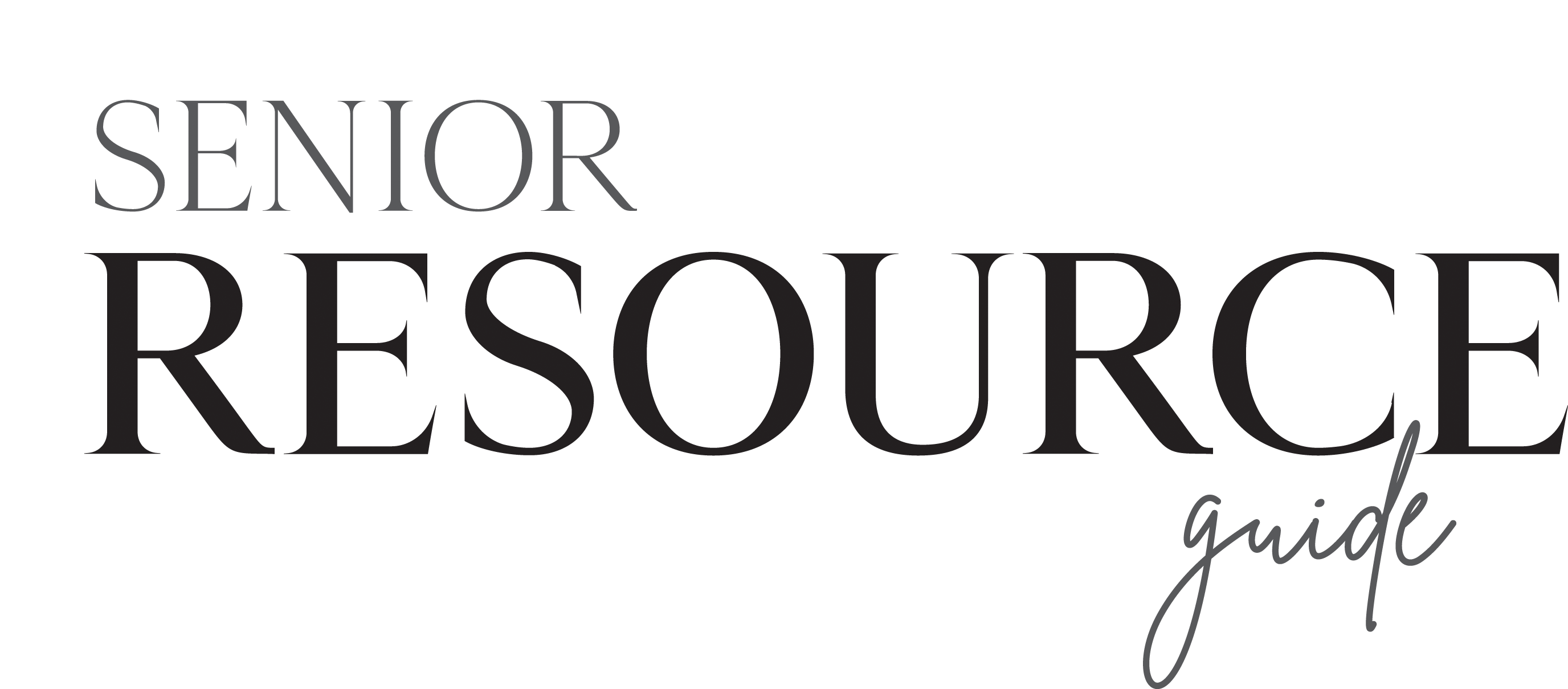
Living in the age of information, information is bought, sold and shared at such a rapid rate that precautionary measures are vital to safeguard ourselves and our loved ones.
Older adults in particular have proven to be the victims of various financial schemes, many of which operate using information provided by loved ones or even by older adults themselves. The state of Texas demonstrated a higher rate of senior population growth that surpassed the national average according to a 2016 report prepared by the Texas Demographic Center. This growth coupled with the invariable progression of technology reinforces the necessity of the protection of valuable information across all ages.
Many scams run through opportunities provided by the anonymity of both the internet and the phone. For example, some scams target their victims by pretending to be a relative and contacting the individual over faceless email or personal calls. By using carefully crafted questions, they can gather a surprising amount of information and gain the trust of the victim, then follow up by asking for money to be wired to them, usually through money-transfer services that are difficult to trace. Perhaps the best way to avoid this is to ignore unsolicited calls or by carefully checking phone numbers using caller ID. Spam folders should always be in operation on personal email addresses and are a standard feature on most internet-based personal email services.
The internet can also prove to be dangerous to those who attempt to procure prescriptions through online shopping and internet-based pharmacies. Despite the appearance of a cheaper price for name brand or generic prescriptions, these drugs may be totally fake. In addition to the capacity to cause harm as ailments go untreated by the counterfeit drugs, sensitive financial information may be gathered using the individual’s online payment. To avoid this, check the National Association of Boards of Pharmacy’s (NABP) list of VIPPS accredited pharmacies—“all listed pharmacies comply with VIPPS criteria, which address the customer’s right to privacy, authentication and security of prescription orders, adherence to a recognized quality assurance policy, and provision of meaningful consultation between customers and pharmacists.”
Some scams prey on people seeking to settle final affairs, such as where they would like to be laid to rest and the material and financial legacies they leave to loved ones. Scammers have taken notice of this particular situation and have begun to operate financial schemes to take advantage of it. In perhaps the most macabre of scams, scammers take advantage of grieving spouses and family members by either adding fraudulent charges to funeral costs or inserting themselves into the funeral ceremonies and insisting that the departed owed them money.
These scams are easy enough to avoid by simply insisting on seeing paperwork or documentation and consulting legal council if there is any doubt. This is an important practice when dealing with all types of insurance, especially health insurance. Health insurance scams employ misinformation and fake policies are marketed by offering lower premiums, particularly for older individuals. It’s best to stick to policies offered by reputable insurance companies.
Staying vigilant in the information age is vital for everyone. Personal email and bank accounts should be monitored frequently in order to detect any problems as early as possible. Resources are available for older adults who’ve fallen prey to a scam like the Adult Protective Services (APS), which is a subset of the Texas Department of Family Protective Services. APS’ mission is to protect older adults and persons with disabilities from abuse, neglect and exploitation by investigating and providing or arranging for services, if needed, to stop or prevent further harm—their offices are available throughout the state.
